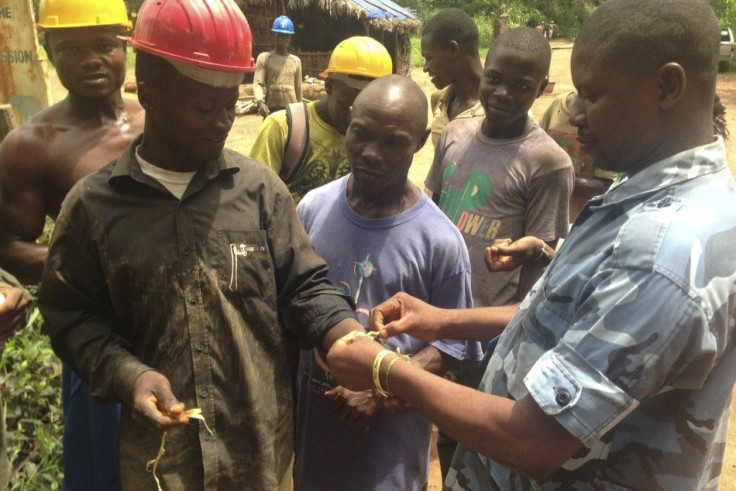Ebola Virus Vaccine Human Trials to Begin in September; 'No Profit' Drug May Take 2-6 Years

An experimental ebola virus vaccine will be first tested on humans in September as the death toll climbs to 826 in West Africa. According to reports, the number of deaths is expected to rise. Previous ebola outbreaks have fewer number of fatalities compared to the current outbreak.
Florida International University infectious disease professor Dr Aileen Marty said prior ebola virus outbreaks caused fewer casualties after short outbreak episodes. She explained this may be the reason why an ebola virus vaccine is not on the market since "there's no money in it."
Reports said treatments for ebola are in various testing stages in several U.S. research centres. However, most of the drugs were tested on animals and no date of availability has been set.
According to Dr Chris Milne, director of research at the Tufts Center for the Study of Drug Development, developing the ebola virus vaccine is "tough" because they might not be used at all. He added that pharmaceutical companies can spend millions of dollars in developing vaccines only to throw them away later on because they proved to be ineffective when new virus strains emerge.
Milne said it would take "a lot of time, effort and money" to develop an ebola virus vaccine with no assurance of a "profit."
The U.S. government will begin testing the experimental ebola virus vaccine on humans as scientists have seen "positive results" when the drug was used on infected primates. The successful animal tests have prompted the U.S. government to move forward in the hopes of making the first life-saving vaccine against ebola. The results of human clinical trials may be available early next year, according to the director of infectious diseases unit Anthony Fauci.
Despite efforts to begin the testing a possible ebola vaccine on humans, health experts predict the commercial availability of the drug for the general population may likely take at least two to six years.
Meanwhile, in Australia, ferrets were infected with the ebola virus so CSIRO scientists can understand the deadly virus.
The ebola virus has no known cure with symptoms of vomiting, diarrhea and internal and external bleeding. The first case was reported in a small village in Guinea last February and the virus has since spread to Liberia and Sierra Leone.
Glenn Marsh from the Australian Animal Health Laboratory said any type of vaccine was "still a long way off."




















